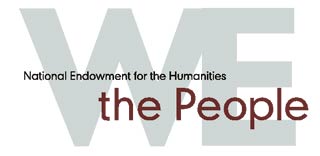Frequently Asked Questions
Who can I contact if I have questions about the historical content or education components featured on this website?
Please contact the Education Department at education@masshist.org if you have questions related to the content presented on this website.
I’m a history/social studies teacher, where can I find curriculum materials and suggestions for classroom activities?
Visit the Lessons section of this website to find lesson plans based on the primary sources featured on the website. The lessons were created by educators who have held teacher fellowships at the MHS, as well by members of the Education Department.
Who can I contact to learn more about opportunities for educators at the MHS?
Contact the Education Coordinator at education@masshist.org to learn more about programs, workshops, and fellowships for K-12 educators. For programs specifically related to the coming of the American Revolution, you can also visit the Related Programs & Opportunities page of this website.
Who is John Rowe?
John Rowe was a British-born merchant who moved to Boston as a young adult and became a successful businessman. The Massachusetts Historical Society holds a collection of Rowe’s diaries, kept from 8 September 1764 - 18 July 1779. The extensive entries note his opinions on the Stamp Act and other tariffs, his involvement in merchant, town, and other committees protesting the treatment of the colonies by the British, his reactions to the Boston Tea Party, the outbreak and progress of the war, the end of the Siege of Boston, and the evacuation by British troops. Rowe also commented regularly on his social life and the activities of prominent Boston and Massachusetts personalities of the day. For more information about John Rowe, or to view selected entries from his diaries, visit the John Rowe section of this website.
Can I visit the Massachusetts Historical Society and see these primary sources in person?
To learn more about visiting our research library, please take a look at the “About the Library” (http://www.masshist.org/library) and “Visiting the Library” sections of the Society’s website. (http://www.masshist.org/library/visit.cfm) If you have any additional questions about using the collections at the MHS, please contact the reference staff prior to your visit: library@masshist.org or 617-646-0509.
Where can I find credits for the Coming of the American Revolution project?
Please visit this page.



